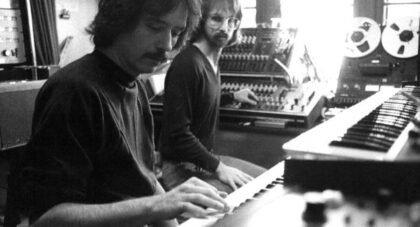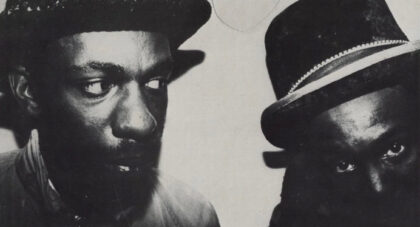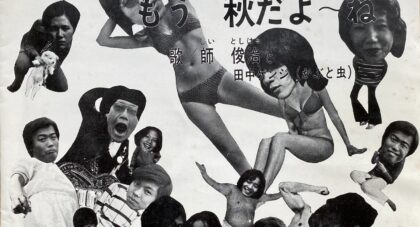Though largely instrumental, "A Son" wrestles with the concept of home, the influence of the past and the frightening shifts in American culture and discourse. Nelson spoke to Aquarium Drunkard about his new album, the music and events that shaped it and the challenges of removing clutter from already serene and uncrowded sounds . . .
Only the good shit. Aquarium Drunkard is powered by its patrons. Keep the servers humming and help us continue doing it by pledging your support.
To continue reading, become a member or log in.


